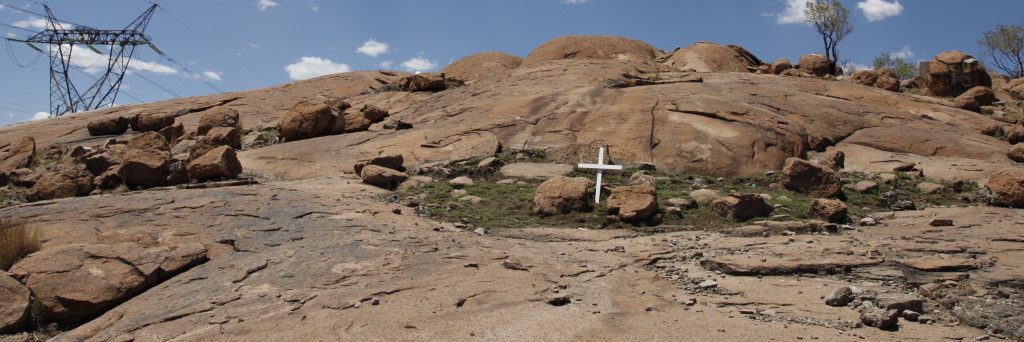Twelve years since the Marikana massacre and still more than 100 people are yet to receive justice and reparations from the state leaving them in limbo, the Socio-Economic Rights Institute of South Africa and Amnesty International South Africa said in a joint statement.
For the past two years, the Office of the Solicitor General has publicised that it has settled about R71m in loss of support to 34 of the families, comprising about 315 family members, between August 2018 and September 2019. What the office does not explain is that of these claimants, about 129 people have received nothing.
The police’s actions destabilised family arrangements by robbing the families of husbands, fathers, sons, brothers, and breadwinners all at once. Family life, already strained by the alienating lived experience of the migrant labour system, suffered further when many of the widows were forced to leave their children to seek employment after losing their breadwinners. These losses and the reverberations of the massacre are incalculable.
“At the very core of the state’s position is a denial of the humanity of the men gunned down on the 13th and 16th of August 2012. If you translate the position of refusing to compensate anything more than the salaries that the miners would have supported their families with, it is that men like Stelega Gadlela and Mgcineni Noki were machines meant to generate Lonmin’s income – they were not fathers meant to raise their children, or uncles meant to look after their orphaned nieces and nephews, or husbands meant to comfort and support their wives,” SERI Executive Director Nomzamo Zondo said.
Since 2012, SERI has represented the families of 36 murdered mineworkers both in their demands for accountability for the massacre and in their civil suit against the state for compensatory damages. Those killed had been providing support to over 300 dependents. The civil claim lodged on behalf of the families encompasses an apology from the state; compensation for loss of support; provision for future medical expenses for treatment necessitated by the death of their loved ones; general damages for emotional shock and psychological damage caused by the trauma suffered in the immediate aftermath of the massacre and in the years that have followed; and constitutional damages for emotional suffering and grief together with the loss of family life, which includes the loss of parental care for the children of the deceased and spousal support for the widows of the deceased.
“The state’s actions in 2012 and since then have marked the lives of these families with disruption, loss, and denial, creating a situation where each year, the families are re-traumatised while they deal with the absence of meaningful acknowledgement of the massacre by the state – let alone accountability and redress,” Nomzamo Zondo said.
While some officers are facing charges for the events that took place before 16 August 2012, no police officer has been charged for the killing of 34 mine workers on that fateful day. Only 9 officials have faced criminal charges, all of which have pleaded not guilty. Four officers, which included the former deputy police commissioner in the North West, who were facing a charge of defeating the ends of justice for allegedly concealing information about the murder of Modisaotsile Segalala, were acquitted in 2021.
“The lack of accountability for victims and their families is a recurring theme in South Africa, but we need to continue demanding answers as to why it is taking more than a decade in the case of the Marikana massacre for there to be any prosecutions, and ultimately accountability for the brutal loss of life,” Amnesty International South Africa Executive Director Shenilla Mohamed said.
“The victims and their families cannot be made to wait another year, nevermind another 12 years for justice. This will just result in the continued lack of accountability for the unlawful killings by police.”
Background
A total of 44 people were killed between 13 and 16 August, including 34 miners who were killed by the police on 16 August 2012. The mineworkers embarked on the strike to address grievances about their low wages and poor working conditions in such a dangerous and exploitative industry. In addition, at least 78 people were injured and about 250 were arrested. The Marikana massacre was the most lethal use of force by South African security forces against civilians since the Soweto uprising of 16 June 1976.
For more information or to request an interview, please contact:
- Asenati Tukela, SERI Attorney: Asenati@seri-sa.org / 066 473 5182.
- Nomzamo Zondo, SERI Executive Director: Nomzamo@seri-sa.org / 071 301 9676.
- Thato Masiangoako, SERI Researcher: Thato[at]seri-sa.org / 082 590 8973.
- Genevieve Quintal, Amnesty International South Africa Media and Communications Officer: genevieve.quintal@amnesty.org.za / 064 890 9224


